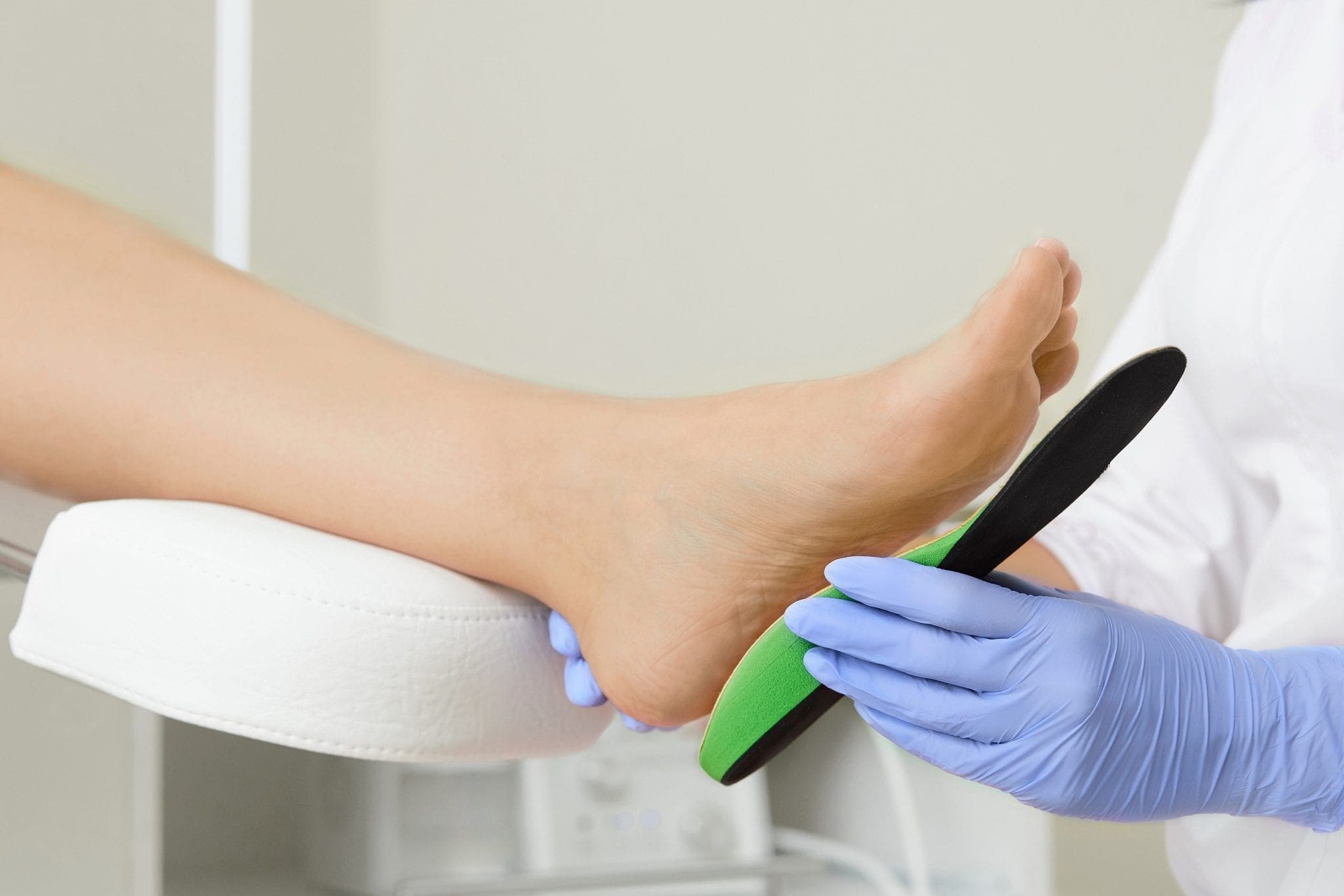
When you have foot pain, it might feel like there’s not much you can do against it.
After visiting your podiatrist, however, they might recommend something that can really help you out: custom orthotics.
The Way Orthotics Work
Orthotics are slips that fit into your shoes. They easily fit into your shoes and are designed to cushion the impact to lessen the stress on your feet, knees, and ankles. They directly affect how your toes, the ball of your foot, and your heel makes contact with the entire sole of your shoe.
Even if you have something as serious as an injured tendon or ligament, you can benefit from orthotics.
What we’re going to be discussing today isn’t the over-the-counter shoe insert you can get at your local supermarket. It’s the much better for you, highly beneficial custom orthotics which are individually designed and tailored not only fit your feet comfortably fit but also give you the support you need to reduce pain and alleviate injury.
Every foot is unique. A podiatrist will examine, measure, and scan your feet to help get a better idea of the landscape he or she is working with—and then create the adjustments necessary to help you with your problem. Once these measurements are sent over to a lab, your custom orthotics will come in, completely specific to you and any issues you may be having.
So, How Do They Help?
When the problem at hand is a biomechanics issue, the solution can easily be found at in custom-made shoe inserts—to simply “correct” the way your feet move and distribute pressure.
Instead of just merely cushioning your feet from the stress, as most over-the-counter orthotics do, the customized ones are specifically designed to be an effective remedy for foot conditions and pain.
If you are suffering from any of these conditions, you will most likely benefit from customized orthotics:
Basically, these inserts will take biomechanics into their own hands. Whether you’ve walked a certain way your entire life, have recently gained weight or have an injury, custom orthotics can help the foot function in a much more effective away—especially if you have just developed a foot or ankle deformity.
Good to Know
We think it’s definitely important, however, that you realized that orthotics won’t magically make all your foot conditions or problems simply go away. They just adjust and make it feel better.
Think of orthotics like wearing glasses. For example, if you have poor eyesight and put on a pair of glasses, you can magically see. However, once you take them off, you will still have poor eyesight—but for the time being when you wear glasses, your vision had been “corrected”. Basically orthotics, like glasses, is compensation for a bigger problem.
How do you know when you need them?
Any kind of foot pain should be a major sign that you might possibly need some sort of intervention. A practiced and professional podiatrist can help you alleviate that pain and help correct some issues you may be having—getting you the proper diagnosis and treatment for your ailment.
Taking a look at the current shoes you have now (especially ones where you can clearly see the soles) can help in indicating a problem you may have. For example, if you are distributing your weight in an uneven way, you’ll notice that the wear and “tear” in your shoes are uneven—meaning that they might be a bit heavier on one side than the other. This could either mean you are rolling your foot inward (supination) or outward (overpronation) when walking or running.
One leg might even be longer than the other, without you even knowing—even if it is just slightly. This can cause long-term problems over time.
Another simple “test” you can do to see for yourself whether your feet are contributing to your issue is the wet test.
When you get out of the beach, swimming pool or shower, take a look at your footprint. If your arch is abnormal, your footprint will indicate so—either by having less than half of the arch showing or having a more filled in footprint than half.
Another indication is a less-related combination of problems. For example, if you are suffering from back pain, hip pain or even knee pain, the source of your problem might even be traced down to your feet. If your podiatrist suggests that you invest in custom orthotics for any of these pains or problems, it means that the function of the movement of your foot or your ankle can help decrease all that extra pressure and stress going into those joints.
So, if you are dealing with any type of foot pain (or joint pain), custom orthotics might be a simple, yet effective solution to take not only the specific pressure or stress away from your joints or feet.
Contact us today about your pain and ask how you can possibly benefit from a custom orthotic, designed just for you and your feet.

